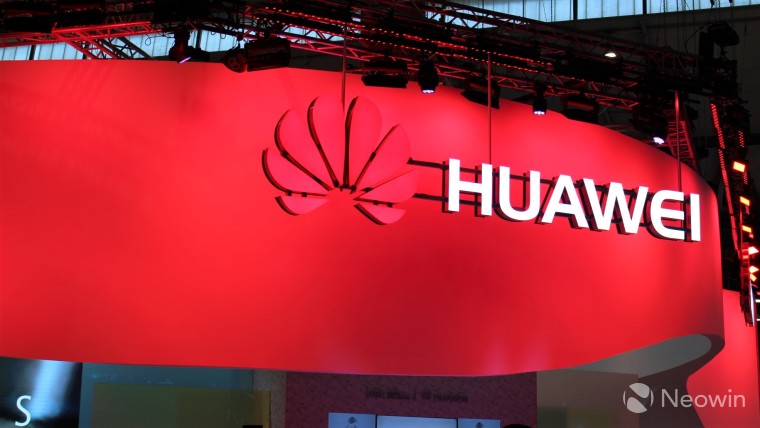
Despite Huawei having its products banned from use within the US Government and the latter's attempts to dissuade its allies use of Huawei-built telecommunications equipment, the company still released its Mate 20 handset featuring its in-house SoC, the Kirin 980. At the time, the Chinese manufacturer claimed that the Kirin 980 to be faster than Apple's A12 Bionic chip and markedly improved over its predecessor, the Kirin 970.
While much attention on ARM-based CPUs occurs in the mobile space, there's some traction being gained in the server market. To this end, Huawei has announced the Kunpeng 920, an ARM CPU for servers, along with three TaiShan server models.
The Kunpeng 920 is beefier than its mobile counterparts, featuring 64 cores clocked at 2.6GHz, and chipset support for eight-channel DDR4 RAM, PCIe Gen4 and CCIX interconnects. It'll also be manufactured using a 7nm process and is based on the licensed ARMv8 architecture. According to the company's SPECint benchmarks, the Kunpeng 920 managed to score over 930, a result "25% higher than the industry benchmark" while boasting 30% improved power efficiency over its competitors.
With respect to the announcement, William Xu, Huawei Chief Strategy Marketing Officer said:
"Huawei has continuously innovated in the computing domain in order to create customer value. We believe that, with the advent of the intelligent society, the computing market will see continuous growth in the future. Currently, the diversity of applications and data is driving heterogeneous computing requirements. Huawei has long partnered with Intel to make great achievements. Together we have contributed to the development of the ICT industry. Huawei and Intel will continue our long-term strategic partnerships and continue to innovate together."
The CPU will also feature in its TaiShan server also announced today, with specific models catering for storage, high-density, and combined scenarios where high core counts and performance per watt are desirable. The company's own "Huawei Cloud" leverages TaiShan infrastructure to deliver "elastic cloud services, bare metal services, and cloud phone services" while citing a "20% computing performance boost" in big data implementations.
Alongside the release of the Kunpeng 920 and TaiShan servers, Huawei also took the opportunity to highlight its collaborative involvement in ecosystems, hardware, and software, cooperating with organizations and platforms including Linaro, OpenStack, and the Green Computing Consortium. Acknowledging the heterogeneity of computing environments, William Xu noted that the company will "work with our customers and partners to build a fully connected, intelligent world."
















0 Comments - Add comment